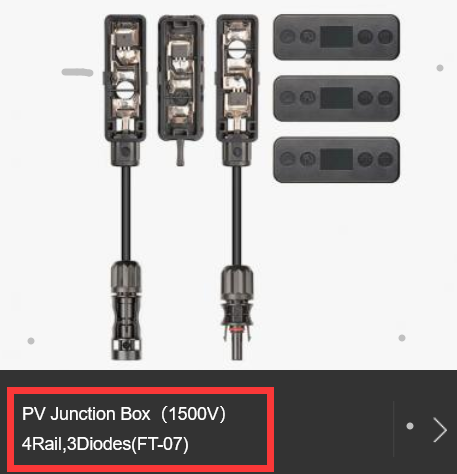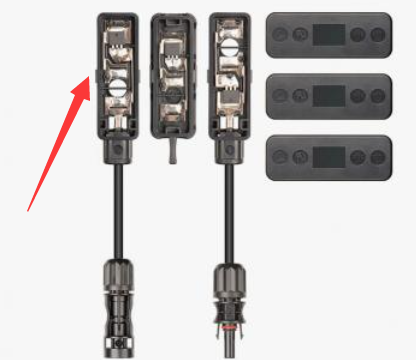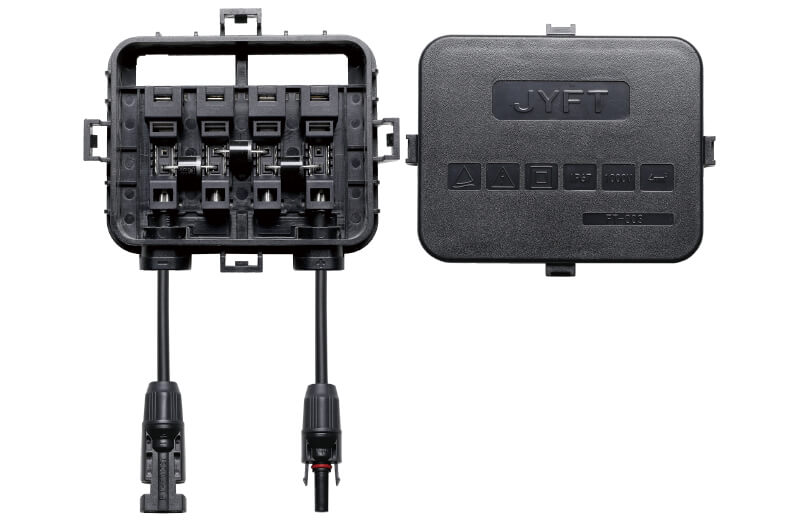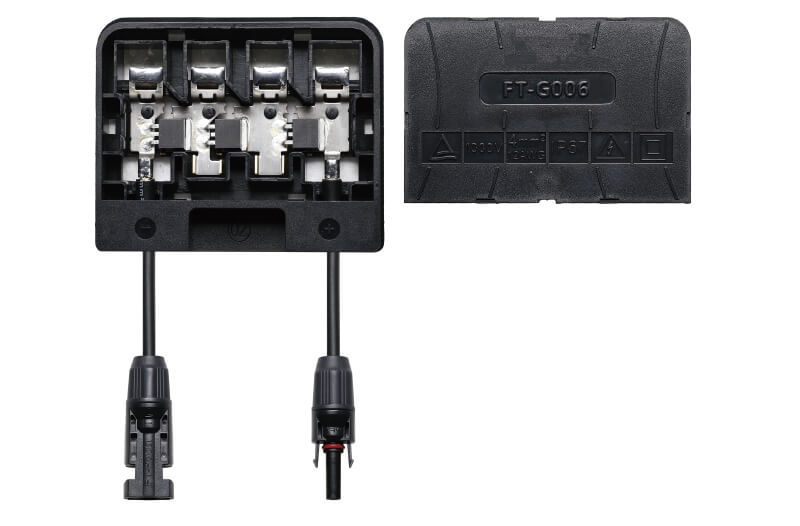U.S. lawmakers propose to abolish tariff exemptions for PV modules imported from Southeast Asian countries
01/02/2023U.S. lawmakers propose to abolish tariff exemptions for PV modules imported from Southeast Asian countries
U.S. President Joe Biden announced seven months ago that imports of photovoltaic modules from four Southeast Asian countries would be exempted from tariffs for two years, but a bipartisan group of U.S. lawmakers is currently trying to repeal the executive order for the tariff exemption.
According to reports, the U.S. House of Representatives has passed a dissenting resolution requesting the withdrawal of the executive order to suspend tariffs on imported photovoltaic modules. The resolution is expected to be supported by bipartisan lawmakers.
The U.S. Department of Commerce launched an investigation last year into U.S. imports of photovoltaic modules from four Southeast Asian countries, following complaints from a California-based photovoltaic module maker that photovoltaic modules produced in these countries were trying to evade anti-dumping and countervailing duties imposed by the United States.
The resolution, sponsored by Congressional Democrat Dan Kildee and five other members of the House of Representatives, seeks to hold foreign PV manufacturers accountable for violating U.S. trade laws. The resolution allows Congress to override federal rules by a simple majority vote under the Congressional Review Act.
The U.S. Department of Commerce clarified the scope of the anti-circumvention investigation in December last year, claiming to allow the import of photovoltaic modules assembled in other countries and assembled using photovoltaic cells manufactured in Southeast Asian countries. The clarification comes as a relief to many manufacturers exporting PV modules to the U.S., who assemble PV modules using PV cells produced in the four countries in Southeast Asia.
In June last year, U.S. President Biden announced a 24-month exemption from tariffs on photovoltaic modules and photovoltaic cells imported from Cambodia, Malaysia, Thailand and Vietnam to ensure that the U.S. photovoltaic industry can obtain sufficient photovoltaic modules.
Kildee said, “We cannot allow foreign PV module manufacturers to violate trade laws, especially at the expense of U.S. workers and businesses. The U.S. federal government found in an investigation that PV module manufacturers in some countries are evading U.S. PV imports.” It is unacceptable for the federal government to suspend the imposition of tariffs for two years. This bipartisan legislation, backed by both Democrats and Republicans, would repeal this misleading rule and is designed to do what Congress intended. U.S. trade law and help U.S. photovoltaic manufacturing grow to meet our energy needs."
Kildee said that photovoltaic module manufacturers in some countries and regions have violated U.S. trade laws by using unfair trade practices, government subsidies and other measures to weaken the competitiveness of American workers and photovoltaic module manufacturers. As a result, the United States now relies primarily on foreign PV supply chains to meet more than 80% of its domestic PV demand.
In August last year, Biden of the United States approved the "Inflation Reduction Act", which aims to strengthen the domestic renewable energy supply chain and reduce dependence on imported photovoltaic modules. The bill proposes spending $369 billion over the next decade on energy security and climate change projects.









